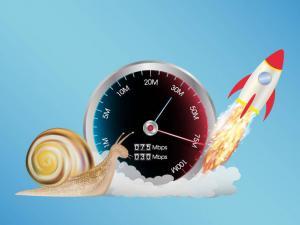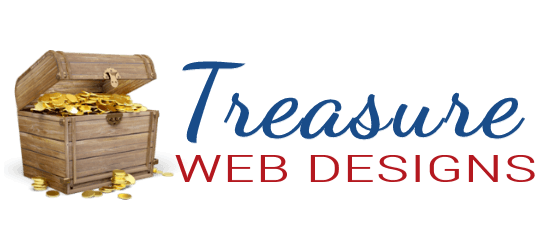 Your website speed is very important. If your website loads slowly and your visitor has to wait for the page to load, you will lose potential customers. In addition, Google has said that page speed impacts search engine rankings. Follow the tips below, and you should see quicker load times.
Your website speed is very important. If your website loads slowly and your visitor has to wait for the page to load, you will lose potential customers. In addition, Google has said that page speed impacts search engine rankings. Follow the tips below, and you should see quicker load times.
1. Optimize your images
If you upload a large image to your website, you can make the image appear smaller. The problem that each time the page loads the users still must download the larger file. Let’s say your image displays as 250 x 350 pixels on your page but the file you uploaded was 2500 x 3500 pixels. Users browsers have to load the 2500 x 3500 pixel version, which slows the page load time.
You should re-size the images to the size you need on the website rather than making a large image appear smaller. Then you can compress the image even further by using a tool that compresses the file to the minimum size that will still look clear on your site.
2. Enable caching
Each time someone visits your site, they have to download all your site’s files from your server. If you’ve enabled browser caching on your site, then that’s not the case. Instead of pulling files from your server, they can store some of your files on their browser so that the next time they visit your site, they simply pull the files from a local source.
Visitors will have to download your site files the first time they visit your page. However, each subsequent visit, including refreshing the page or moving to a new page, will mean a faster load time because they’ll be making fewer requests to your server.
3. Minify JavaScript and CSS
JavaScript and CSS are types of files on your site that users must download to view your pages. Minifying your code means getting rid of any comments, white space, or characters that are unnecessary in the files. This makes your pages load faster because it creates smaller files without compromising how they execute.
You can minify your JavaScript and CSS manually, but it’s typically better to work with a minifying tool so that you don’t introduce new errors.
4. Choose a better host
A web host has a huge effect on your site speed because users rely on your server speed to deliver your site’s files quickly. The slower your server, the slower your site will load. If you’re looking to host your site on a faster server, you have two options:
- Upgrade your hosting plan. If you go from a shared hosting plan to a dedicated hosting plan, your site will move to a server that has resources dedicated specifically to you. Your server will be quicker to respond to your web visitors’ requests.
- Change web hosts. Some companies simply have faster servers than others.
5. WordPress
If your website is a WordPress website there are some excellent plugins that can help to speed up your website and compress images.
If you need help to increase your website’s speed, Treasure Web Designs can help. Contact us today and we will let you know what options would work best to increase your website’s speed.
